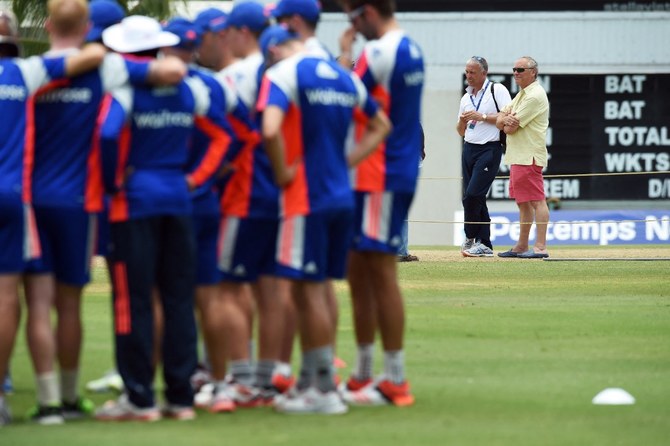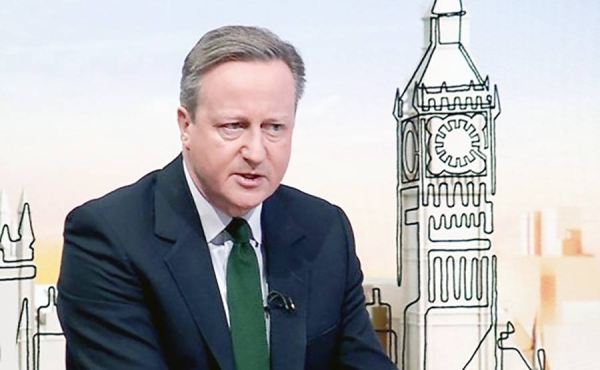
Yemens permanent representative to the UN Ahmad Awad bin Mubarak, said Houthis’ pirate-like actions confirm speculations over their ill intentions. He took example in Houthis’ recent announcement of a ‘unilateral truce.’
Yemens Iran-backed Houthi insurgents announced a two-week pause in Red Sea operations last Wednesday, after attacks against Saudi oil tankers last week prompted Riyadh to suspend oil shipments through a key waterway.
"The unilateral suspension of our naval operations is for a limited period," Houthis said in a statement released by their self-proclaimed defense ministry.
The Houthis Twitter and Facebook accounts said the suspension will last two weeks.
In a phone interview with Asharq Al-Awsat, Mubarak declared the Hodeidah proposition for settlement is virtually dead due to Houthi’s constant violations and transgressions.
UN envoy to Yemen Martin Griffiths has spent relentless efforts in trying to prevent a Hodeidah clash, but received no efficient responsiveness from Iran-backed coupists. Houthis did not make any concessions in Hodeidah, said Mubarak.
Externally, Houthis promoted their position as supportive of Griffiths’ proposal, but proceeded to act in a counterproductive manner.
The UN placed proposal stipulates that Hodeidah earnings should be deposited at the Aden-based Central Bank branch in Hodeidah—any banked funds are meant to play a part in the national budget and help in disbursing salaries to employees throughout the country.
Despite former accounts of plunder and mismanagement of Sanaa funds, Houthis disagree and insist that all funds are pumped to the coup-controlled Sanaa Central Bank.
Houthis said they were allowing the UN to manage the port with the administrators, but did not talk about a true withdrawal of forces from it. Instead, Houthis said their forces will follow a policy of non-interference but remain in their stations.
“But what does that mean?” Mubarak asked rhetorically. “The international staff will be civilians without force, and they are left open for any attack at any given time,” he explained.
Mubarak further stressed that UN envoy Griffiths is acting in accordance to a key mandate to implement resolution 2216, and the resolution says your task is to work on mediation leading to this decision.
Resolution 2216 stipulates that militias withdraw from all cities. Even though, the internationally-recognized government has shown leniency and accepted making concessions in order to spare Hodeidah further fighting.
“We even accepted involving them in the government if they implemented security-related measures—such as the delivery of heavy and medium weapons and withdrawal from cities,” Mubarak added.
Bringing Houthis to uphold agreements and not turncoat any former promises has proven difficult in the absence of substantial pressure placed on the coupists.
“If the Houthis are not pressed and perceiving real pressure, they will not sit at the negotiating table and no progress will be made.”
In Kuwait, 100 days of consultations yielded nothing because they enjoyed a sense of power, added Mubarak.
On another note, US Ambassador to the UN Nikki Haley blasted Houthi forces for their role in the ongoing war in Yemen.
“I think that we have to look at the situation. We’ve been really lucky for really long, because if you look at what’s happened now, we were already upset and wanted to condemn the Houthi attack on the Saudi oil tanker,” said Haley at the UN Security Council.
“That was already considered a problem. The ballistic missile strikes were already considered a problem. And we always said someone’s going to get hurt. If something doesn’t give, someone’s going to get hurt.”
"We have continued to say that the UN panel of experts have confirmed that Iran is supplying the Houthis", she added.
Haley also stressed the importance that Hodeida port stays open for the access of humanitarian aid.












